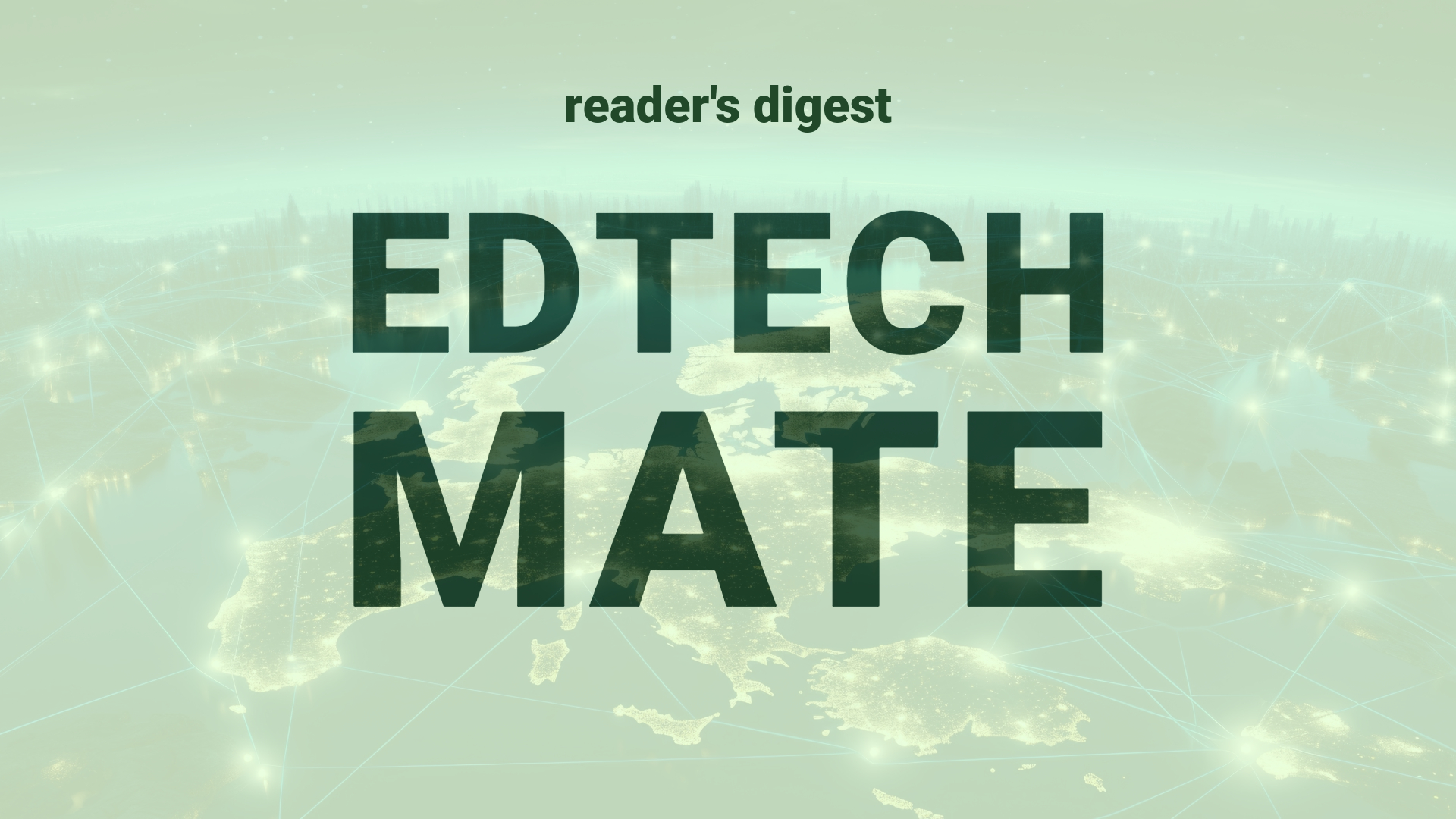Executive Summary and Main Points
Recent trends show that 70% of executives are considering the integration of generative AI (gen AI) into their organizations, as reported by Gartner and the Stanford AI Index Report. Major corporations like Microsoft and Salesforce have integrated gen AI into their products and allow customization of Large Language Models (LLMs). Despite its potential, concerns over privacy, security, copyright infringement, and biases hinder the adoption of gen AI. Companies like Apple and Samsung have banned gen AI due to sensitive information leaks. With the varied risks of gen AI recognized, there is an imperative need for a high-level framework to classify and mitigate potential challenges.
Potential Impact in the Education Sector
Innovations involving AI can transform Further Education, Higher Education, and Micro-credentials by enhancing personalized learning, automating administrative tasks, and creating dynamic course content. Strategic partnerships and digitalization can lead to effective integration of AI, fostering bespoke learning experiences and aiding in the efficient handling of vast quantities of institutional data. Gen AI can positively influence research capabilities, offering insights and analytics that drive decision-making processes. However, ethical considerations and the responsible use of AI are paramount to mitigate potential risks.
Potential Applicability in the Education Sector
Generative AI offers transformative applications for global higher education systems: from automated grading systems to the creation of personalized study materials. AI can also be used in the admissions process to predict student success and as a virtual assistant that provides support outside the classroom. Additionally, AI can facilitate research by swiftly analyzing data and generating reports. The advent of AI-driven micro-credentials provides opportunities for learners to engage in continuous, lifelong education aligned with emerging industry standards and competencies.
Criticism and Potential Shortfalls
Criticisms of gen AI in education center around the risk of perpetuating biases, threats to academic integrity with AI-generated content, and the reduction of interpersonal aspects of learning. Potential shortfalls include over-reliance on technology, which may lead to a devaluation of critical thinking skills, and ethical concerns regarding data privacy and the homogenization of educational experiences. Comparative international case studies highlight differences in technology integration across global education systems, revealing varied success levels and ethical considerations.
Actionable Recommendations
Implementing gen AI within educational institutions should involve developing AI ethical guidelines and rigorous privacy protocols. Strategies should promote transparency and include staff training on the benefits and limitations of AI. Academic institutions can partner with tech developers to customize AI tools in line with educational goals, curating training data sets that align with academic standards. Additionally, investment in infrastructure that supports the seamless integration of AI, alongside continuous assessment and revision of adoption strategies, would ensure technology serves educational objectives effectively.
Source article: https://hbr.org/2024/05/4-types-of-gen-ai-risk-and-how-to-mitigate-them

